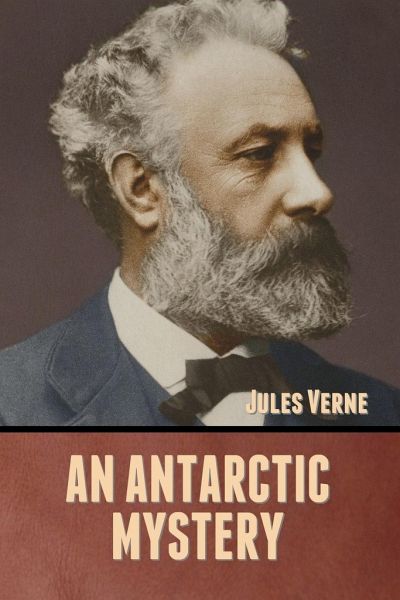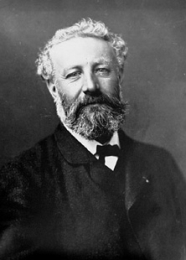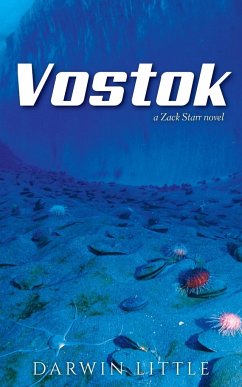
An Antarctic Mystery
Versandkostenfrei!
Versandfertig in 1-2 Wochen
17,99 €
inkl. MwSt.

PAYBACK Punkte
9 °P sammeln!
Jules Gabriel Verne (8 February 1828 - 24 March 1905) was a French novelist, poet, and playwright. Verne's collaboration with the publisher Pierre-Jules Hetzel led to the creation of the Voyages extraordinaires, a widely popular series of scrupulously researched adventure novels including Journey to the Center of the Earth (1864), Twenty Thousand Leagues Under the Sea (1870), and Around the World in Eighty Days (1873). Verne is generally considered a major literary author in France and most of Europe, where he has had a wide influence on the literary avant-garde and on surrealism. His reputati...
Jules Gabriel Verne (8 February 1828 - 24 March 1905) was a French novelist, poet, and playwright. Verne's collaboration with the publisher Pierre-Jules Hetzel led to the creation of the Voyages extraordinaires, a widely popular series of scrupulously researched adventure novels including Journey to the Center of the Earth (1864), Twenty Thousand Leagues Under the Sea (1870), and Around the World in Eighty Days (1873). Verne is generally considered a major literary author in France and most of Europe, where he has had a wide influence on the literary avant-garde and on surrealism. His reputation is markedly different in Anglophone regions, where he has often been labeled a writer of genre fiction or children's books, largely because of the highly abridged and altered translations in which his novels have often been printed. Verne has been the second most-translated author in the world since 1979, ranking between Agatha Christie and William Shakespeare. He has sometimes been called the "Father of Science Fiction", a title that has also been given to H. G. Wells, Mary Shelley, and Hugo Gernsback. Twenty Thousand Leagues Under the Sea: A Tour of the Underwater World (French: Vingt mille lieues sous les mers: Tour du monde sous-marin, "Twenty Thousand Leagues Under the Seas: A Tour of the Underwater World") was originally serialized from March 1869 through June 1870 in Pierre-Jules Hetzel's periodical, the Magasin d'Éducation et de Récréation. The deluxe illustrated edition, published by Hetzel in November 1871, included 111 illustrations by Alphonse de Neuville and Édouard Riou. The book was highly acclaimed when it was released and remains so; it is regarded as one of the premiere adventure novels and one of Verne's greatest works, along with Around the World in Eighty Days and Journey to the Center of the Earth. The description of Nemo's ship, the Nautilus, was considered ahead of its time, as it accurately describes features on submarines, which at the time were very primitive vessels. A model of the French submarine Plongeur (launched in 1863) was displayed at the 1867 Exposition Universelle, where it was studied by Jules Verne, who used it as an inspiration for the novel. (wikipedia.org)













